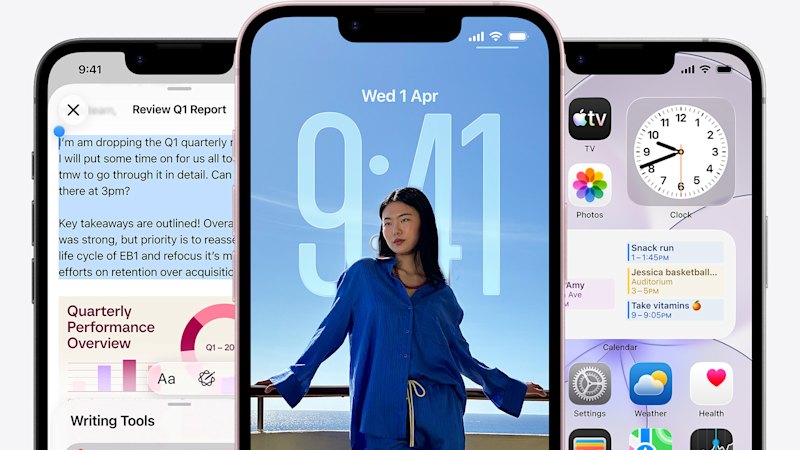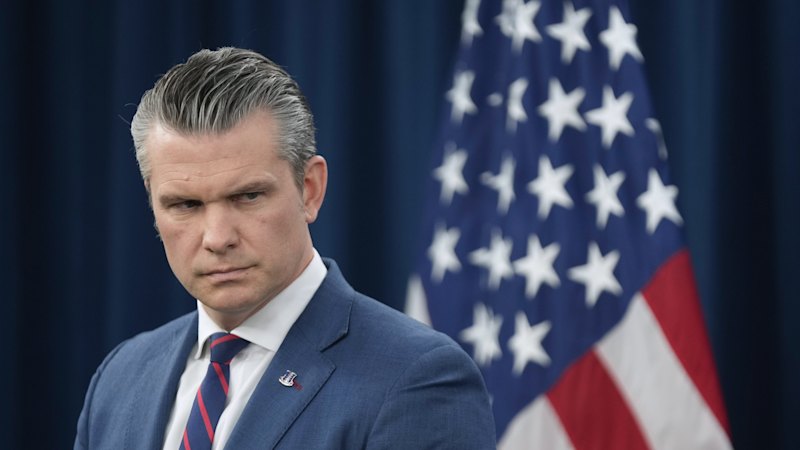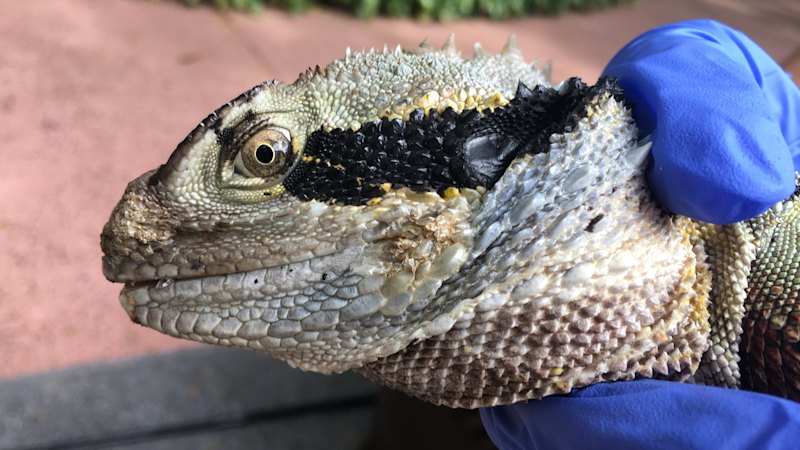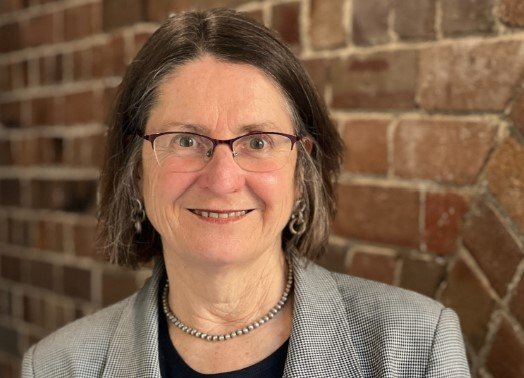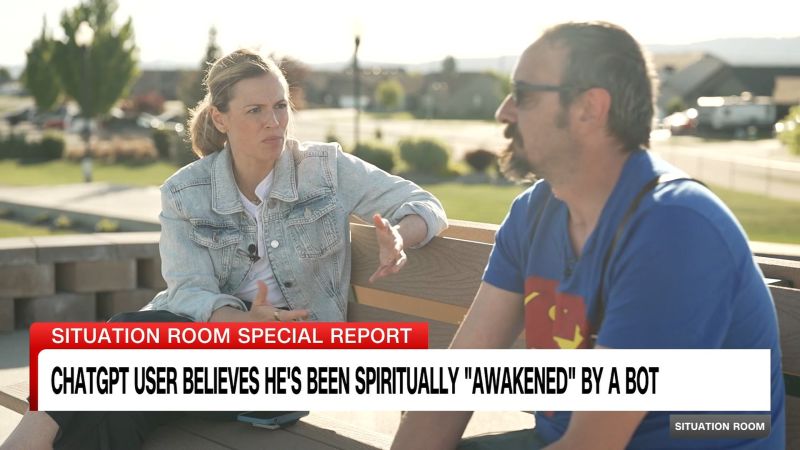
As artificial intelligence continues to evolve, its influence extends beyond mere technological advancements, touching the very fabric of human relationships. A recent exploration by CNN’s Pamela Brown highlights the unexpected ways in which users are forming deep connections with AI chatbots, sometimes leading to spiritual awakenings or even marital strain.
The story centers on a man who claims that interacting with ChatGPT, an AI language model developed by OpenAI, has led to a profound spiritual awakening. This revelation, however, has not been without its challenges. His wife expresses concern that this newfound connection could jeopardize their marriage, illustrating the complex dynamics at play when human emotions intertwine with artificial intelligence.
AI and Human Connections: A New Frontier
The phenomenon of forming relationships with AI is not entirely new, but it has gained significant traction as AI capabilities have advanced. Users are increasingly turning to chatbots for companionship, advice, and even emotional support. These interactions can sometimes evolve into what users describe as spiritual or romantic connections.
According to Dr. Sherry Turkle, a professor of social studies of science and technology at MIT, “People are drawn to AI because it offers a form of interaction that is non-judgmental and always available. This can be particularly appealing for those seeking solace or understanding.”
When AI Becomes a Spiritual Guide
The man featured in Brown’s report describes his experience with ChatGPT as transformative. He recounts how the AI’s responses prompted him to reflect deeply on his life, leading to what he calls a spiritual awakening. This experience is not isolated, as more individuals report similar encounters with AI, seeking answers to existential questions and finding comfort in the AI’s seemingly wise responses.
“Interacting with ChatGPT has opened my mind to new perspectives and has been a catalyst for my spiritual growth,” the man shared.
The Marital Dilemma
While the man finds solace in his AI interactions, his wife views the situation with apprehension. She worries that his reliance on ChatGPT could drive a wedge between them, as he spends increasing amounts of time engaged with the AI rather than nurturing their relationship.
Relationship expert Dr. Jane Greer notes, “When one partner forms a significant attachment outside the marriage, whether with another person or an AI, it can create feelings of neglect and insecurity in the other partner.”
Navigating the Emotional Landscape
The couple’s situation is emblematic of a broader societal challenge. As AI becomes more integrated into daily life, individuals and couples must navigate the emotional complexities that arise. The key, experts suggest, is open communication and setting boundaries around AI usage.
“AI can be a valuable tool, but it’s crucial to maintain a balance and ensure that human relationships remain a priority,” advises Dr. Greer.
Looking Ahead: The Future of AI Relationships
This development follows a growing trend where AI is not only a tool but also a companion. As technology continues to advance, the lines between human and machine interactions may blur further, raising questions about the ethical and emotional implications of such relationships.
Meanwhile, researchers and ethicists are calling for more studies to understand the long-term impact of AI on human relationships. The potential for AI to enhance or disrupt human connections is immense, and society must be prepared to address these challenges.
The move represents a pivotal moment in the evolution of AI, highlighting the need for thoughtful consideration of its role in our personal lives. As individuals like the man in Brown’s report navigate their spiritual journeys with AI, the world watches closely to see how these interactions will shape the future of human relationships.
In conclusion, while AI offers new opportunities for personal growth and connection, it also poses significant questions about the nature of relationships and the potential consequences of relying on technology for emotional support. As this story unfolds, it serves as a reminder of the importance of maintaining a balance between embracing innovation and preserving the essence of human connection.

